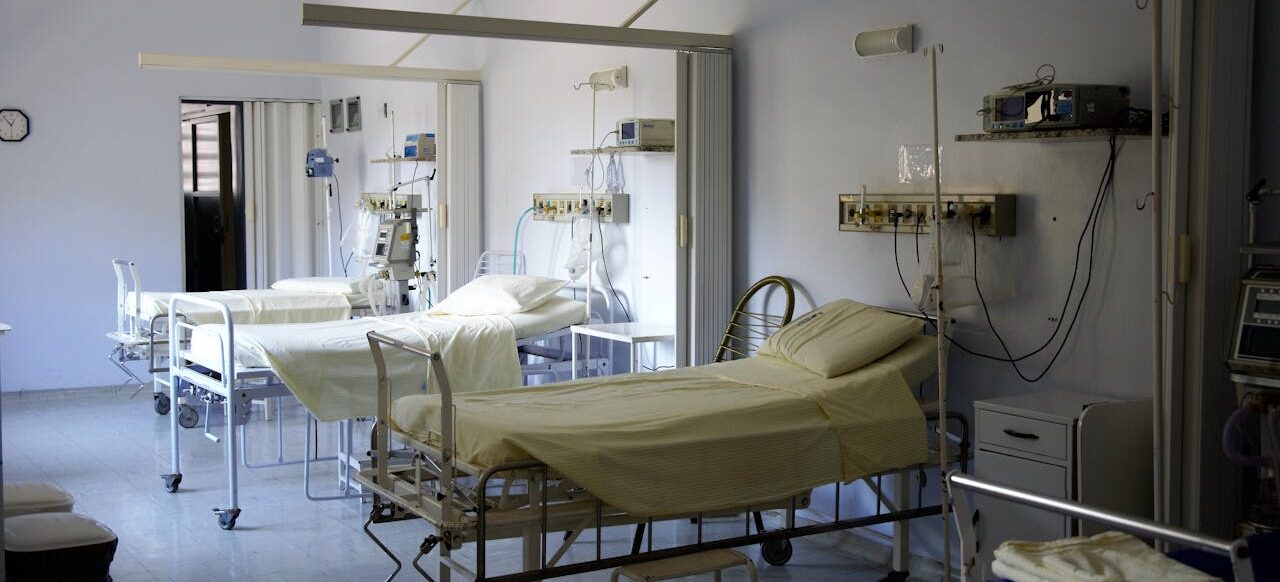Egypt is ushering in a new era of economic reform—this time with healthcare at its core. Faced with a projected $12 billion (EGP 600 billion) funding gap over the next five years, the government is repositioning health expenditure as a high-growth investment opportunity rather than a budgetary strain, according to Khaled Abdel-Ghaffar, Deputy Prime Minister and Minister of Health and Population.
Promising returns of up to 25%, officials are actively courting global investors to power a sweeping transformation of the country’s healthcare sector, with the private sector playing a central role in bridging the financial and service delivery divide.
“We are transitioning from a ministry of patients to a ministry of health,” said Abdel-Ghaffar. “And this transition needs investors.” This call to action took center stage at the U.S.-Egypt Policy Leaders Forum, held in Cairo on May 25–26. Co-hosted by AmCham Egypt, the U.S. Chamber of Commerce, and the Egypt-U.S. Business Council, the forum brought together public and private sector leaders to align on a shared vision for transforming Egypt’s healthcare landscape.
A platform for public, private dialogue
In his address, Abdel-Ghaffar emphasized the urgent need to rebalance health spending in Egypt. “Preventative care only accounts for 1.5%… that’s for us a drawback, and this is not good,” he said, pointing to global models that demonstrate how investing in upstream care can ease the burden on hospitals. “The more you invest in preventative care, the more you get protected from future illness… you don’t need patients to go to hospitals.”
From infrastructure to innovation
Although Egypt averages just 1.3 hospital beds per 1,000 people, well below international norms, Abdel-Ghaffar emphasized that the goal is not simply expansion. “We want to move from curing diseases to preventing diseases to predicting disease,” he said. He pointed to Egypt’s human genome project and the promise of precision medicine as tools for future-ready healthcare.
He also highlighted the imbalanced structure of health financing in Egypt, noting that voluntary health insurance accounts for just 2% of the market, with public insurance covering 13%, while a staggering 85% of health spending comes directly from patients’ pockets. Abdel-Ghaffar pointed to the pharmaceutical industry as a key driver of growth, citing its EGP 300 billion market value and potential for expanded exports following Egypt’s recent WHO “maturity level 3” certification for medicines and vaccines. “This means that we can export our product anywhere in the world,” he said.
Industry leaders signal long-term confidence
In the forum’s flagship session, titled Strategic Dialogue on the Future of Healthcare in Egypt, Abdel-Ghaffar was joined by Samia Cherif, Head of Government Affairs for the Middle East, Africa, Pakistan, and Turkey at Illumina, Mohamed Haroun, General Manager for the Africa Region at GE HealthCare, and Hatem Werdany, Country President for Egypt at AstraZeneca. The discussion was moderated by Steve Lutes, Vice President for Middle East Affairs at the U.S. Chamber of Commerce.
Cherif highlighted Illumina’s alignment with Egypt’s vision for genomic innovation. “We believe that genomics is going to contribute to expediting the path to precision medicine,” she said. “Having a national initiative such as the Egyptian genome project is a critical step towards the goal of enabling early discoveries.”
Haroun pointed to Egypt’s consistent performance as a top market in the region. “Even during the past couple of years… the Egyptian market was ranked number one or number two among all of the countries in the Middle East and Africa,” he said. “It’s a very stable market, growing market… and a resilient market.”
Werdany emphasized the impact of Egypt’s healthcare reforms on pharma innovation. “The healthcare reforms presented have been helping in driving prevention as well as transformation of care for several devastating diseases,” he said. “Despite the devaluation that took place, it is number one when it comes to volumes at units sold… and projected to be the fastest growing and the biggest pharma market in the Middle East and Africa.”
A call to action for global investors
As Egypt shifts from reactive care to predictive health, the forum delivered a unified message: private capital is not only welcome but essential to rewriting the future of healthcare in Egypt.




